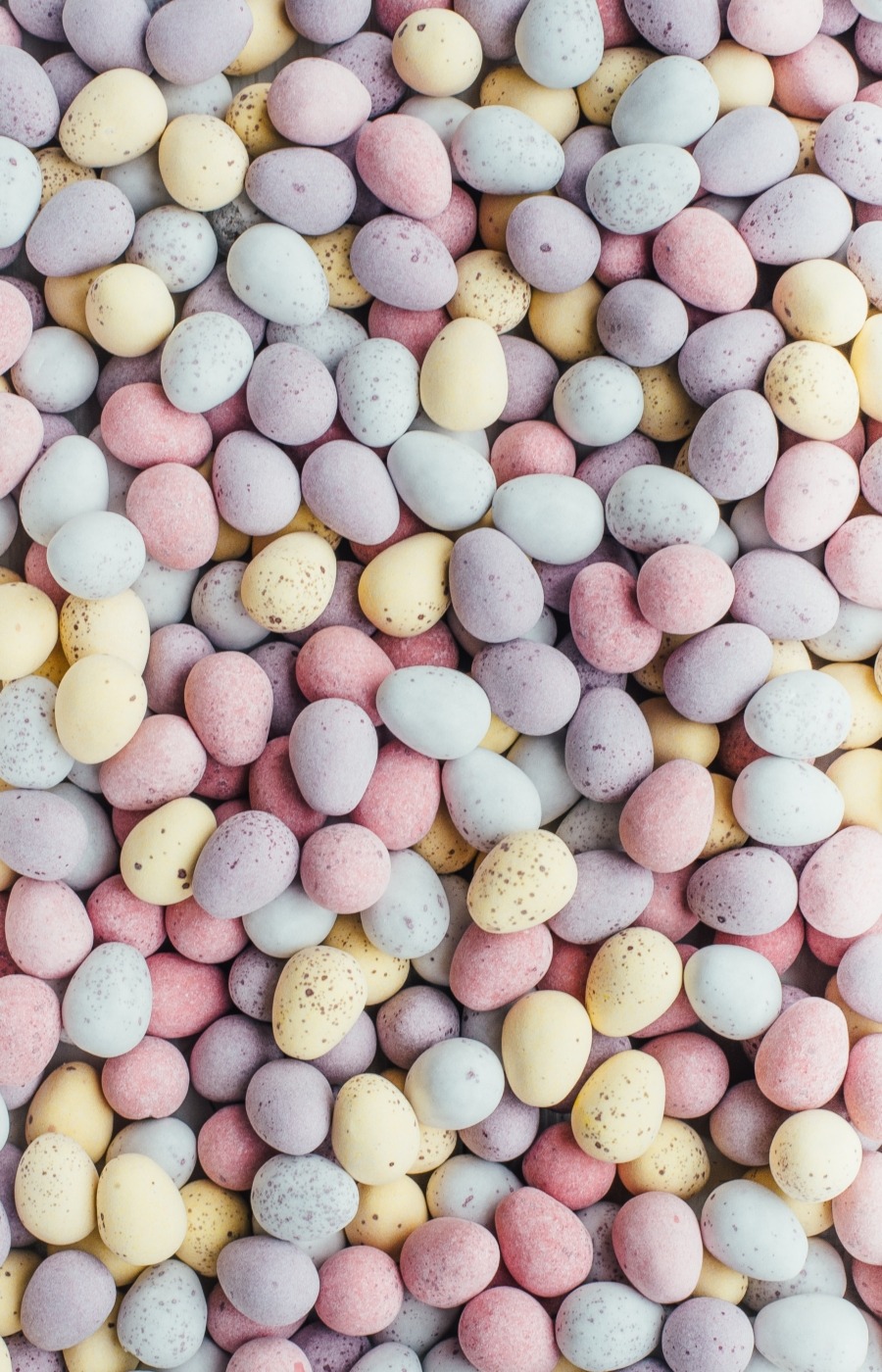Tips for an eco-friendly Easter
Tipped to be a bigger celebration than Christmas this year, Easter presents a wealth of environmental problems. With each piece of chocolaty goodness comes plastic waste from wrapping and the question of production. Each year, we buy around £150m worth of Easter eggs in the UK alone, which generates an estimated 3000 tonnes of waste. For a single egg, most brands use over 30g of plastic, which thus accounts for a third of the weight of the final product and over 80% of its volume. But as sustainability and living an eco-friendly lifestyle become something we are increasingly aware of, several companies have put together some sustainable Easter treats for us to enjoy with a guilt-free eco-conscience.
Tipped to be a bigger celebration than Christmas this year, Easter presents a wealth of environmental problems
Starting with Moo Free, their range of milk-free eggs provide a great ethically sourced option. Made in ‘free-from’ UK factories, it gives consumers the assurance that this egg is completely ‘dairy free, gluten free, soya free and suitable for vegetarians and vegans’. They also purchase ‘Rainforest Alliance Certified Cocoa for this product to support sustainable farming’. Moo Free provides a wide range of eggs for dairy conscious consumers!
Montezuma’s is another company which is starting to place vegan, eco-friendly chocolate at the heart of their business. They produce a range of products, from bars, truffles and buttons in their normal collection but have brought out a range of four new vegan friendly Easter treats. For 2020, all of their packaging will be either biodegradable or made from recycled packaging, helping reduce plastic waste with the sale of each egg!
Co-op has also tackled the plastic free packaging this year as they have committed to eliminate unnecessary plastic from its brand-owned ranges. Co-op has a selection of five luxurious looking Fairtrade Easter eggs which has been said to save 14 tonnes of unnecessary plastic! Ian Ferguson, environment manager at the Co-op, has said: “Our teams have worked incredibly hard to deliver a new solution that ensures the egg is still protected whilst allowing our customers to see all the aspects of the eggs and their stunning designs. This is a really positive step within the packaging industry, especially for seasonal Easter lines.”
But it’s not just the chocolate we buy that needs to be the focus of our ethical concerns, there are also several other steps we can all take to help enjoy a more sustainable Easter this year!
Better Homes and Gardens have suggested that we should ‘Re-think the easter egg hunt’. The Easter egg hunt is a staple in many families’ Easter celebrations but having such an abundance of individually wrapped eggs can result in a lot more waste. Instead, Better Homes and Gardens suggests that we should ‘consider hiding wooden toys or DIY reusable muslin treat bags instead’ and carry all of these alternative treats in a homemade ‘reusable Easter basket’.
It is definitely a small adjustment worth acting upon while celebrating
While this is not the only change needed, it is definitely a small adjustment worth acting upon while celebrating. So, whether you are thinking about what chocolate to buy or how to adapt your Easter traditions into something more sustainable, there are plenty of options to get cracking on an egg-cellent eco-friendly Easter in the coming years.

Comments